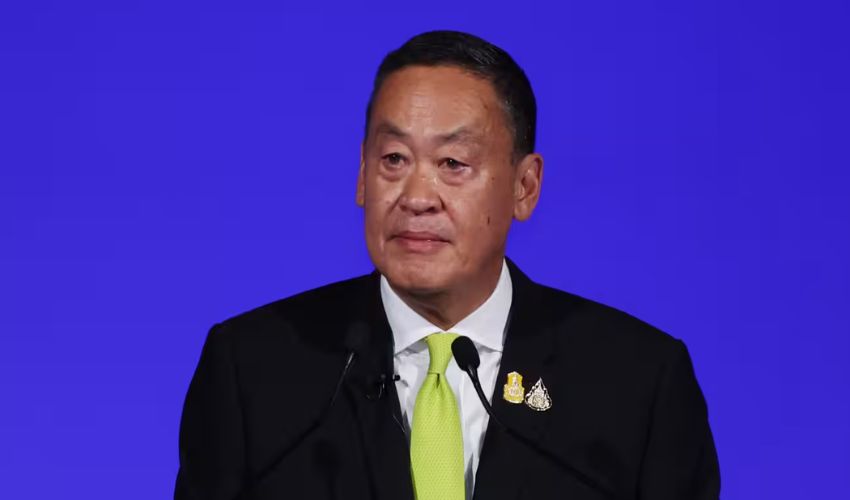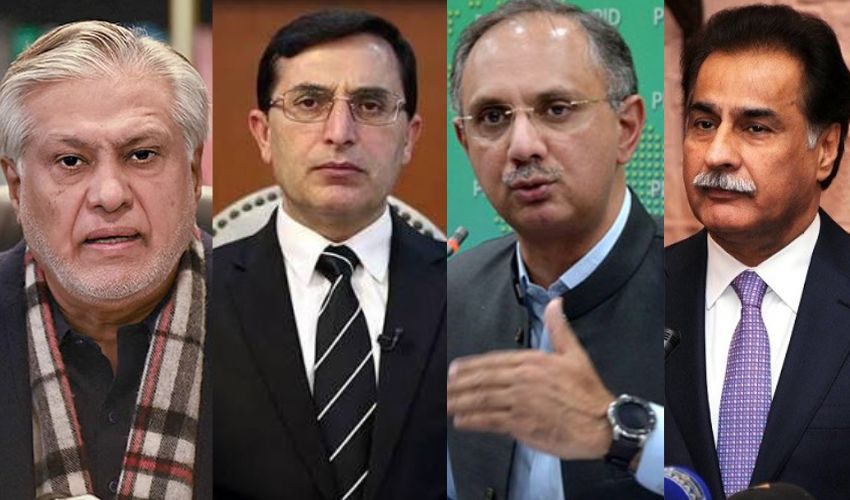Thailand's Constitutional Court has removed Prime Minister Srettha Thavisin from office, ruling that his appointment of Pichit Chuenban as a cabinet minister violated the constitution. The decision is expected to plunge Thai politics into turmoil just a year after a change in regime.
The ruling follows a petition filed in May by 40 senators, who argued that Srettha's appointment of Pichit in April was unconstitutional. Pichit had previously been sentenced to six months in jail on bribery charges, which the senators claimed disqualified him from serving as a minister under the constitution. According to the constitutional mandate, a minister must "not have behavior which is a serious violation of or failure to comply with ethical standards," and any breach of this rule results in the termination of their ministership.
Srettha defended the appointment process, stating it was conducted legally and with due diligence, but acknowledged that he would respect the court's final and unappealable decision.
The court's ruling marks a significant development in Thai politics, raising concerns about further instability in the country's governance.
The Constitutional Court's ruling is final and cannot be appealed.
A property tycoon, Srettha became prime minister last August when his Pheu Thai Party emerged from post-election chaos to form the current coalition government, ending nine years of military rule.
Wednesday's court decision is likely to raise concerns in a business sector that now has to wonder about political uncertainties and policy continuity. Suddenly up in the air are a nationwide digital money handout and Thailand's electric vehicle push.
With the incumbent leader resigning, lawmakers will convene for a parliamentary vote to select a new prime minister, which must be from the prime ministerial candidates that political parties submitted to the Election Commission ahead of the last general election.
The ruling Pheu Thai Party had two other candidates: Paetongtarn Shinawatra, the daughter of former Prime Minister Thaksin Shinawatra, and Chaikasem Nitisiri, a former attorney general.



























